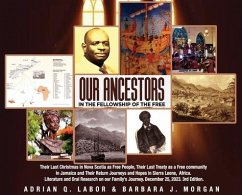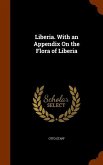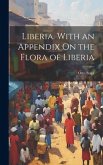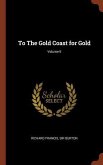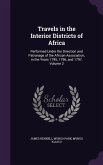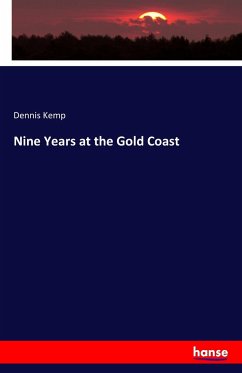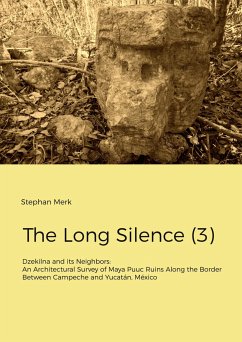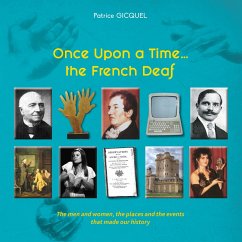From oral and literature accounts, and retold stories, of a family's ancestral journey as far back as the authors could trace, it became clear that these oral stories in diaspora communities complement the recorded history of their ancestors and those accounts from several colonizers they encountered. The oral stories emphasized being free people pursuing self-determination and navigating a world reshaped by warring empires and growing forms of colonization since the 15th century. This family's stories are parts of those from the early communities of: i) free people in Africa, the Iberian peninsula, and Jamaica, ii) indentured communities who seized the first opportunity to pursue self-determination, and iii) freed people from the 18th century Atlantic slave trade. Collectively, they stood as a lighthouse for freedom across several generations in early West Africa (Guinea, Sierra Leone, and Cape Verde Island), Angola, Jamaica, British American colony, Early Canada, and Britain. In Freetown, the family's ancestral history in the last 200 years extended to empowering themselves and others in parts of Sierra Leone and beyond. This edition attempts to employ indigenous written sources that are now giving credence to oral narratives from within communities we are connected to around the world. One such example of our current view is that our ancestors, who were among those who sailed away from New York to Nova Scotia, Canada, began free of any obligation to British America and the newly independent America. The legendary Thomas Peters from this Nova Scotian community traveled across to Britain in early Canada, representing the interest of his free community to return to Africa. That community was not prepared to subjugate itself to yet another evolving colony in early Canada. Their ultimate return to Africa and reception by Naimbana II, Obai of the Temne people of Sierra Leone, and other community leaders was a recognition that the 16 ships of Africans in March 1792, from Nova Scotia were descendants of fellow Africans. Our Ancestors, once settled in Freetown, Sierra Leone, became a beacon in Africa for others in the "Fellowship of the Free" within the era of subjugation.

